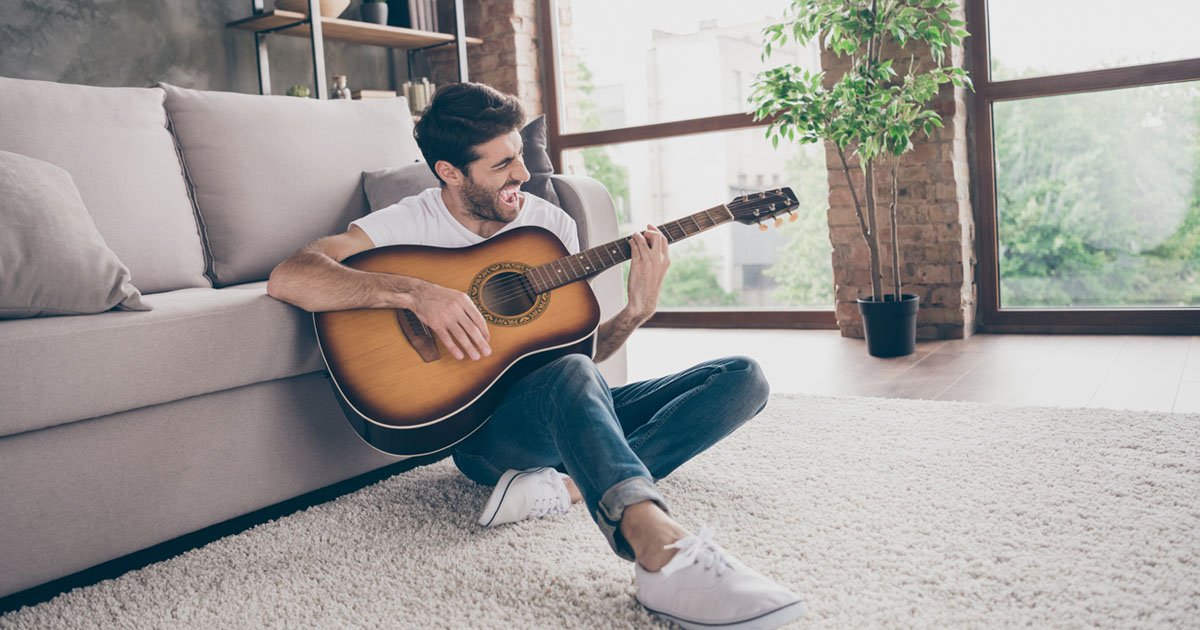FAQ About Learning The Guitar
Frequently asked questions about learning the guitar

Learning to play the guitar can be incredibly rewarding. It can also be a very challenging experience. As a beginner, it’s normal to feel overwhelmed by complex concepts and you may have tons of questions. However, with the right guidance and commitment to consistent practice, anyone can progress from fumbling novice to strumming songs with ease.
Before you begin, read on for answers to some of the most frequently asked questions about learning the guitar.
Frequently asked questions
How long does it take to learn guitar?
Most guitarists can learn enough chords to play recognizable songs after practicing regularly for about six months. Mastering the guitar takes years of building on fundamentals. Be patient and set milestone goals for yourself. Learning guitar has no definitive endpoint. Consistently push yourself into unfamiliar territory on your musical journey.
What is the best guitar for a beginner?
Purchase an affordable acoustic guitar to start. Lucerne, Fender, or Epiphone all produce quality guitars for under $200. Save investing in an expensive electric guitar until you have developed a solid basic technique. Shop around for a second-hand guitar but take it to a professional to make sure it’s something you will be able to learn on.
Should I take guitar lessons?
Yes! Working with a qualified instructor accelerates progress tremendously. One-on-one guidance helps correct poor form. Lessons also increase accountability and structure. Taking lessons with an instructor is the best way to learn. Not only will a live person tell you what you need to work on and what you are doing well, they will also hold you accountable for your learning. This in turn will help you with practicing when you just don’t want to.
How often should I practice guitar?
Aim to practice at least one hour per day as a beginner. Break that into smaller sessions if needed. Even 15 concentrated minutes daily is hugely beneficial. Prioritize regularly touching your guitar. Where you practice is also important. Set a place to practice and make that space your regular practice space. It should be quiet and free from distractions. Turn the cell phone off. Turn the television off. Hang a sign on the door that says, “do not disturb.” Whatever it takes so that you can just focus on your guitar practice.
What are the best tips for new guitar players?
Master open chords, practice smooth changes between them, refine your strumming, care for your instrument properly, play along with songs you enjoy, be patient with yourself, and keep learning new skills consistently. Set goals for yourself that are attainable within reason. Continue expanding your knowledge by setting specific goals tailored to your musical passions.
When you begin playing guitar, having an experienced teacher will go a long way in helping you set goals, practice more, and learn structure and play on your strengths and weaknesses. If you are in Philadelphia, reach out to the David Joel Guitar Studio and start on your path to becoming the best guitar player you can be.